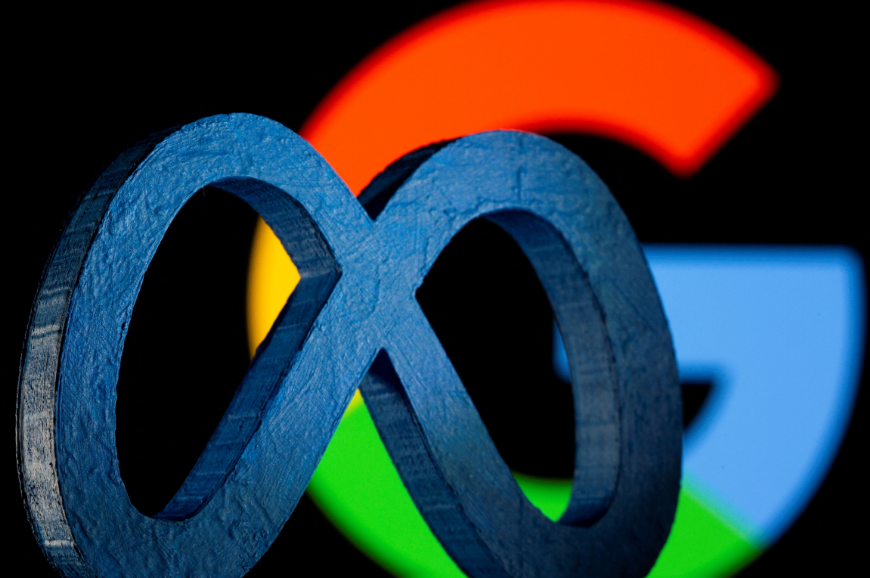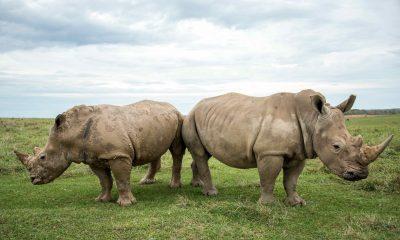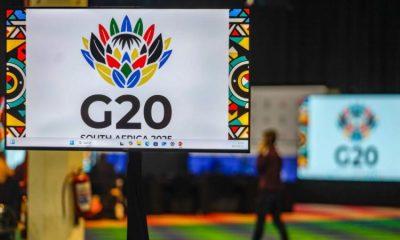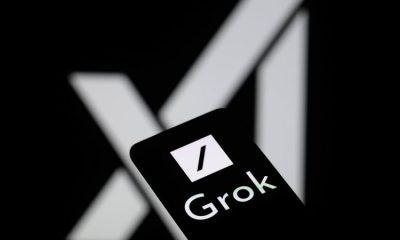Business
South Africa Proposes Tax on Google, Facebook, and ChatGPT to Support Local Media

South Africa’s Competition Commission has taken a bold step to address the growing imbalance between global tech giants and local media companies. In a provisional report from the Media and Digital Platforms Market Inquiry (MDPMI), the commission recommended imposing a 5%-10% tax on digital platforms like Google, Facebook, and ChatGPT unless they find a fair way to compensate South African media outlets.
The inquiry, launched in October 2023, investigated the impact of digital platforms on the country’s news media industry. Over the past decade, South African news platforms have suffered significant losses as the distribution of news content has shifted online. Legacy media, such as newspapers, has declined, while users increasingly access information through platforms like Google Search, YouTube, Facebook, X (formerly Twitter), and TikTok.
The Imbalance Between Tech Giants and Local Media
The commission found that while digital platforms like Google and Facebook drive traffic to local news sites, the revenue generated from digital advertising fails to compensate for the losses incurred by traditional media. This has led to shrinking newsrooms, a 50% reduction in journalism jobs, and the closure of community, vernacular, and regional news outlets.
James Hodge, Chief Economist and Acting Deputy Commissioner of the Competition Commission, highlighted the stark imbalance. While local news media benefits from approximately R200 million in traffic referrals from digital platforms, Google alone benefits from South African news content to the tune of R800 million. This leaves a R500 million gap that the commission argues needs to be addressed.
Google’s Response
Google has disputed these findings, claiming it makes very little from news searches. In December 2024, the tech giant submitted that it earned only R18 million from South African news searches in 2023. Google argued that it delivers around R600 million in traffic to publishers while making minimal profits from news content.
However, the Competition Commission’s concerns extend beyond revenue. It flagged issues such as Google’s algorithm bias, which prioritizes international news over local content, and the use of AI bots to scrape news sites for training large language models like ChatGPT.
Proposed Solutions
To address these challenges, the commission has proposed several measures, including:
- Google paying R300 million to R500 million over three to five years to compensate for lost revenue.
- Allowing local media to opt out of AI summaries in search results without losing traffic.
- Enabling direct negotiations between local media and digital platforms for funding and policies.
- Sharing anonymized data with publishers to improve Search Engine Optimization (SEO).
- Adjusting algorithms to reduce bias toward international news and support South African content.
- Expanding revenue-sharing models and combating misinformation.
- Ensuring fair compensation for AI training data used by platforms like ChatGPT.
The commission also recommended government interventions, such as tax breaks for local media, collective national ad sales, and the establishment of a donation-based fund to support media organizations.
A Digital Levy as a Last Resort
If no agreement is reached between digital platforms and local media, the commission warned it might impose a digital levy of 5% to 10% on search engines, social media platforms, and AI companies operating in South Africa.
Call for Stakeholder Engagement
The provisional report opens a six-week window for stakeholders and the public to submit responses. All submissions must be sent to mdpmi@compcom.co.za by 7 April 2025. The final report, which will incorporate feedback and further stakeholder engagements, is expected later this year.
Final Thoughts
South Africa’s proposal to tax tech giants like Google, Facebook, and ChatGPT reflects a growing global trend to hold digital platforms accountable for their impact on local media. As the Competition Commission seeks sustainable solutions, the outcome of this inquiry could set a precedent for other countries grappling with similar challenges. For now, the ball is in the court of stakeholders to find a “win-win” solution that supports both innovation and the survival of local journalism.
Follow Joburg ETC on Facebook, Twitter , TikTok and Instagram
For more News in Johannesburg, visit joburgetc.com

























